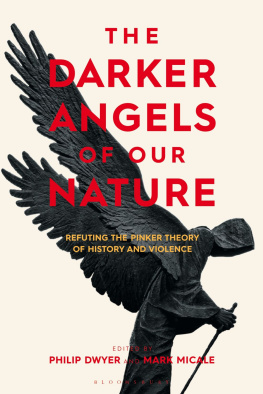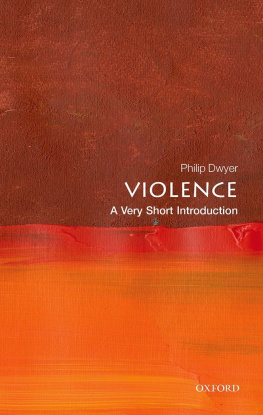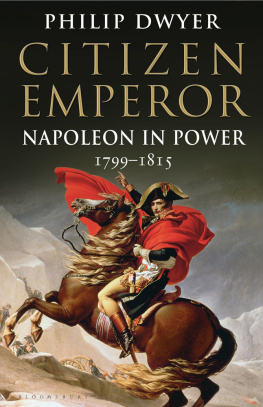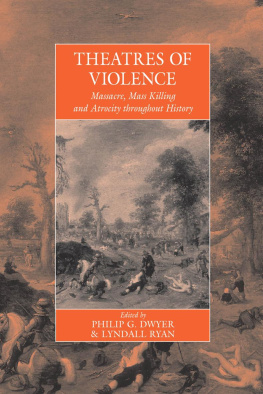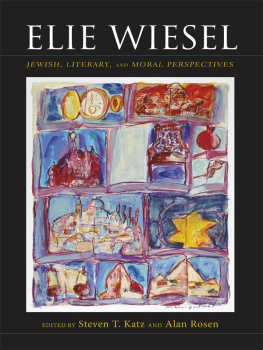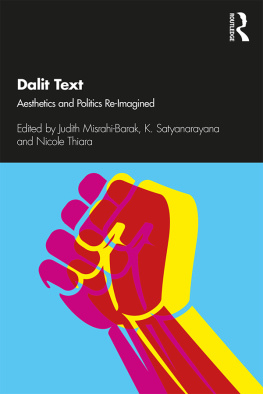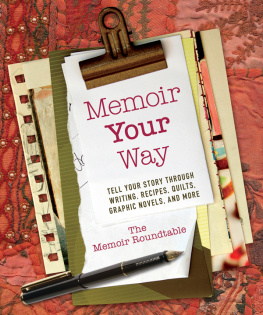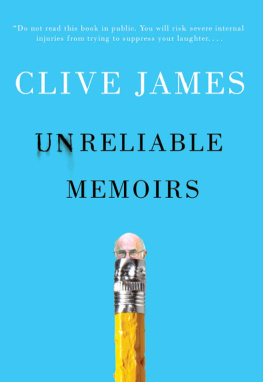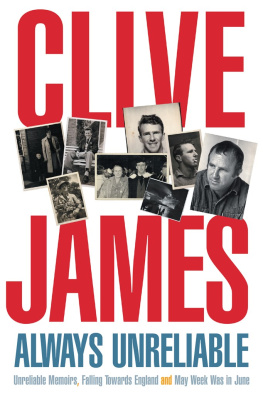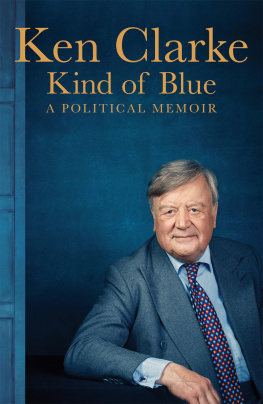War Stories
WAR STORIES
The War Memoir in History and Literature

Edited by
Philip Dwyer

Published by
Berghahn Books
www.berghahnbooks.com
2017 Philip Dwyer
All rights reserved. Except for the quotation of short passages for the purposes of criticism and review, no part of this book may be reproduced in any form or by any means, electronic or mechanical, including photocopying, recording, or any information storage and retrieval system now known or to be invented, without written permission of the publisher.
Library of Congress Cataloging-in-Publication Data
A C.I.P. cataloging record is available from the Library of Congress
British Library Cataloguing in Publication Data
A catalogue record for this book is available from the British Library
ISBN 978-1-78533-307-1 (hardback)
ISBN 978-1-78533-308-8 (ebook)
Contents

Philip Dwyer
Jay Winter
Neil Ramsey
Craig A. Warren
Ian Isherwood
Aaron William Moore
Roger D. Markwick
Vesna Drapac
Ilan Pappe
Tarun K. Saint
Subarno Chattarji
Gary Baines
Joanna Bourke
Preface

This book is based on a symposium held in Newcastle, Australia, in 2010. The symposium was part of a project looking at veteran culture and the military memoirs from the Revolutionary and Napoleonic Wars, but it was meant to provide a forum in which researchers working on similar projects for other wars and other time periods could come together and discuss their work. They thereby contribute theoretical or comparative expertise to the study of memory and war memoirs in the modern era. War memoirs can be incredibly popular, as witnessed by the success surrounding Anthony Swoffords Jarhead, which of course was made into a Hollywood movie with a heartthrob in the lead role (one critic called it Full Metal Jacket light). But it is also a testimony to the impact that memoirs can have on a whole generation and the way they can shape how wars are seen and recalled.
The literature on war memoirs is beginning to come into its own as more and more scholars grapple with the ways in which the experience and memory of war is transmitted from one generation to the next through textual representations, and the ways in which that transmission helps form perceptions of the past. From the outset, papers at the symposium and indeed in this collection have been limited to only those that dealt, if not exclusively then in large part, with memoirs. Part of the rationale was that other textual representations of wars letters, diaries and journals in particular were fundamentally different sources from the memoir. Letters home or diaries are, it could be argued, possibly more accurate as historical documents (although not without their own problems) since they are more immediate, more spontaneous. Memoirs, on the other hand, are necessarily subject to the tricks that time and memory can play on the individual attempting to recount events that took place many years, sometimes decades before. Paul Fussel, in his own memoirs of the war in Europe, Doing Battle: The Making of a Skeptic, asserted that because memoirs are written after the event, they cannot escape what he calls the necessity of fiction. I would argue this is precisely where war memoirs are useful, for what they might tell the reader about how the wars and the individuals in them are represented, for what they tell us about emotions and experiences, however filtered, and for what they tell us also about the silences. We are hoping that the following collection will engender broader discussions about the types of stories that were and are told, what kinds of representations of the wars dominate a given society, and why particular representations succeed in dominating the public imagination.
The more difficult flip side to that coin is figuring out what kinds of memories were considered unacceptable and were therefore marginalised, excluded or reworked. One of the themes that recurs throughout the following texts is why veterans choose to remember, and to recall their experiences in writing, sometimes with a view to publication but often not. There is a wonderful passage in the novel Soldiers of Salamis by Javier Cercas reflecting on a fictional veteran of the Spanish civil war called Miralles: He remembers, writes Cercas, because, although they [his comrades] died sixty years ago, theyre still not dead, precisely because he remembers them. Or perhaps its not him remembering them, but them clinging to him, so they wont die off entirely. In between the projections, evasions, myths and outright fantasies, the authors of the following chapters sometimes are also looking for the signs of pain, fear and anxiety in the hope of better understanding the impact war has had on the lives of whole generations of men and women under arms.
This project has taken a long time to realise since its inception all those years ago. It could not have come into being without the support of the Australia Research Council, the School of Humanities and Social Science, and the support of my colleagues at the Centre for the History of Violence at the University of Newcastle in Australia. This book is part of an ongoing research programme that encompasses all aspects of the history of violence in the modern world. It is our hope that this collection will not only be used in the classroom, but will stimulate further study of the war memoir in history.
Can the foot soldier teach anything important about war, merely for having been there? I think not. He can tell war stories.
Tim OBrien, If I Die in a Combat Zone: Box Me Up and Ship Me Home
All stories are true.
Chinua Achebe
Chapter 1
Making Sense of the Muddle
War Memoirs and the Culture of Remembering
Philip Dwyer

WRITING TO REMEMBER, WRITING TO FORGET
The early modern autobiography coincided with the rise of the centralising state.
The democratisation of a genre that had once been the reserve of an aristocratic elite overlapped with a number of important cultural developments taking place in Western Europe. Those developments were increased literacy rates; the rise of the novel or the Bildungsroman; the transformation in thinking about the place of the individual in society and history; the interest in self-representation that came to fruition in the eighteenth century;
With the end of the First World War the genre reached new heights. The generation that fought in the trenches seems to have been educated, literate and vigorously literary in ways that soldiers in other wars were not. One can also include hundreds of novels inspired by the direct experience of trench warfare, from one of the most famous of them all, Erich Maria Remarques All Quiet on the Western Front
Next page

